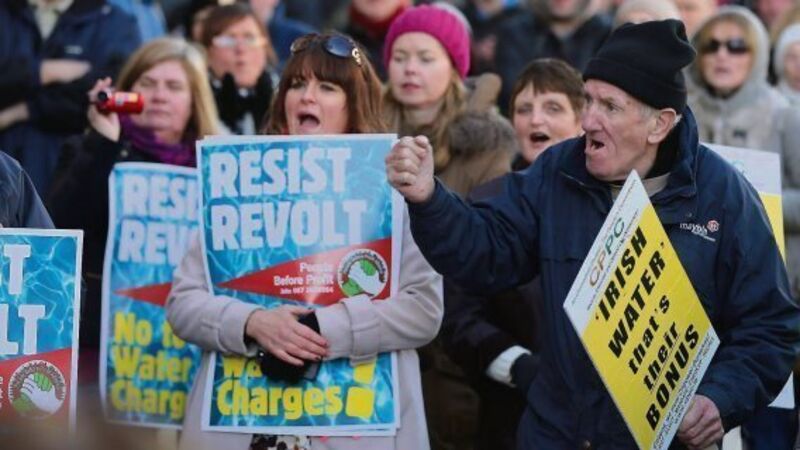Tasking Revenue to collect Irish Water bills a wrong move

I was quite happy to see the last cabinet meeting before the summer break taking place at Lissadell House in Co Sligo, to commemorate the work of WB Yeats.
I might have been even happier about this if there wasn’t a Yeats-sized gap in my memory for anything the man wrote.
















